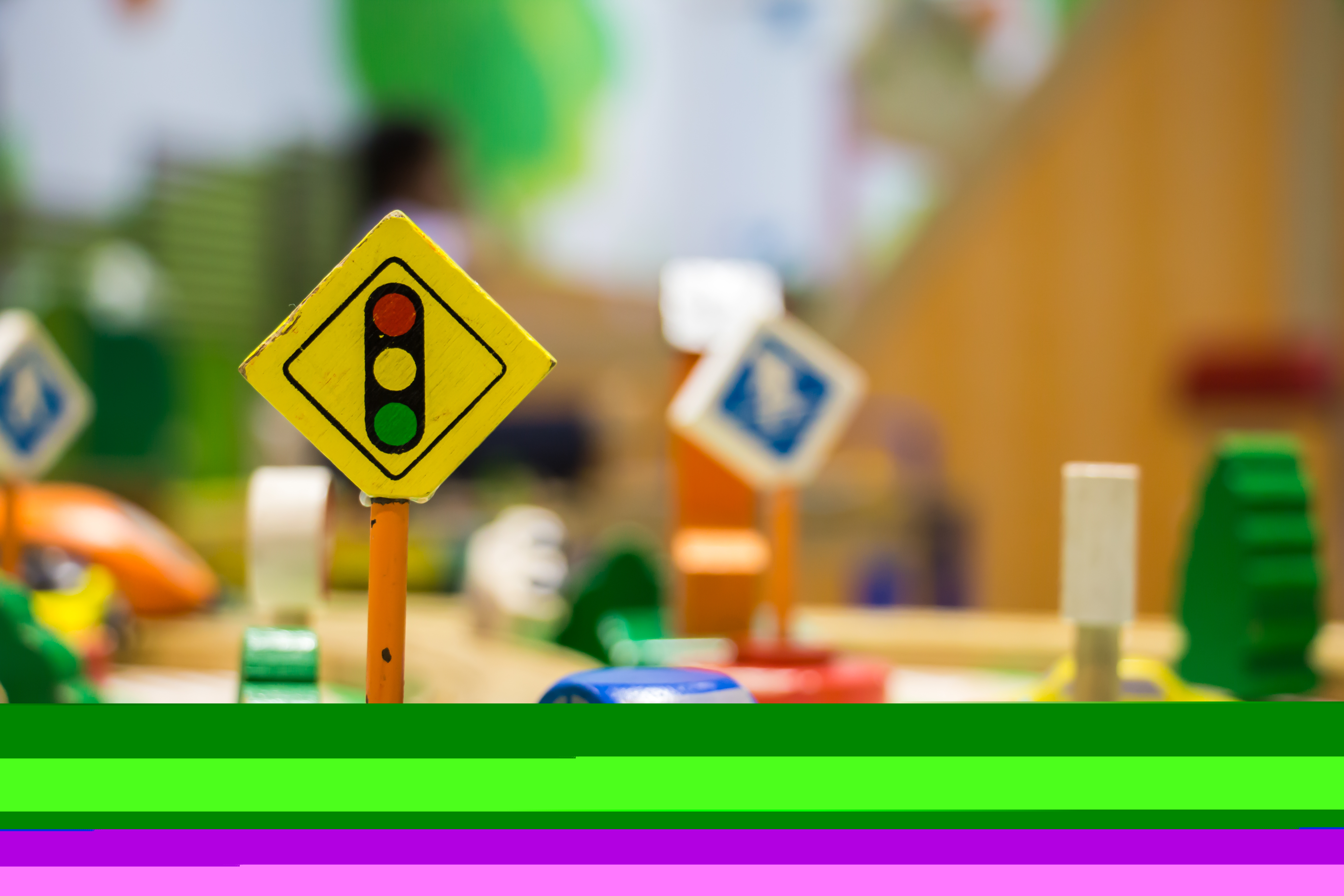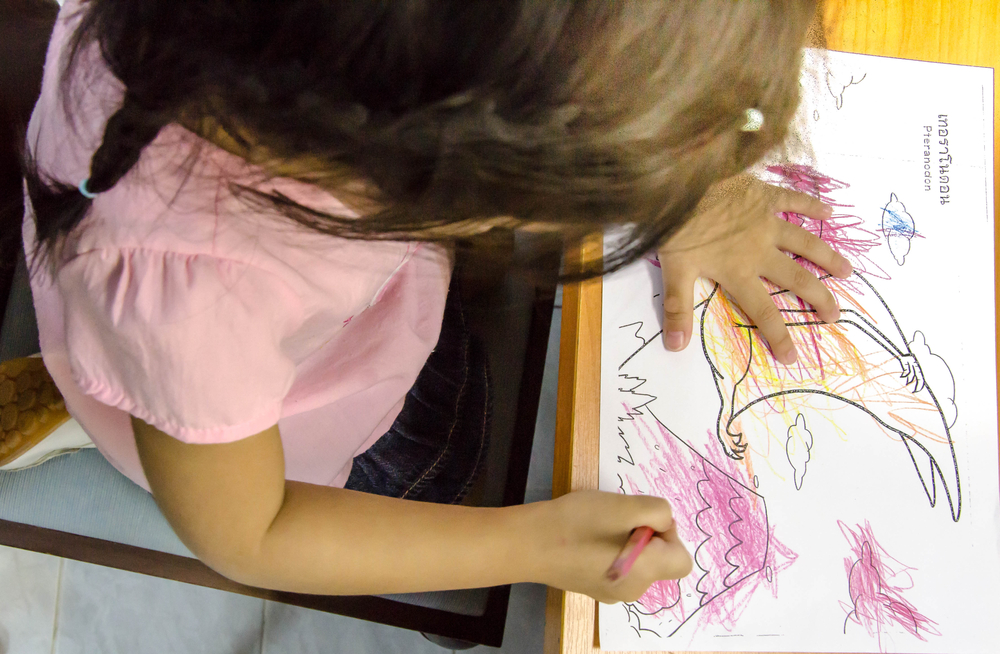Normal Worksheets for Ages 3-9
1636 filtered results
-
From - To
Explore an engaging collection of normal worksheets designed specifically for children aged 3 to 9 at Kids Academy. Our resource-rich platform offers a variety of printable worksheets that focus on essential skills, including math, reading, writing, and more. Each worksheet is crafted to enhance your child’s learning experience while keeping them entertained. With easy-to-follow instructions and colorful visuals, these worksheets foster creativity and support early childhood development. Whether at home or in the classroom, our normal worksheets provide the perfect balance of fun and education. Visit us now to empower your child’s learning journey with exciting activities suitable for their age!
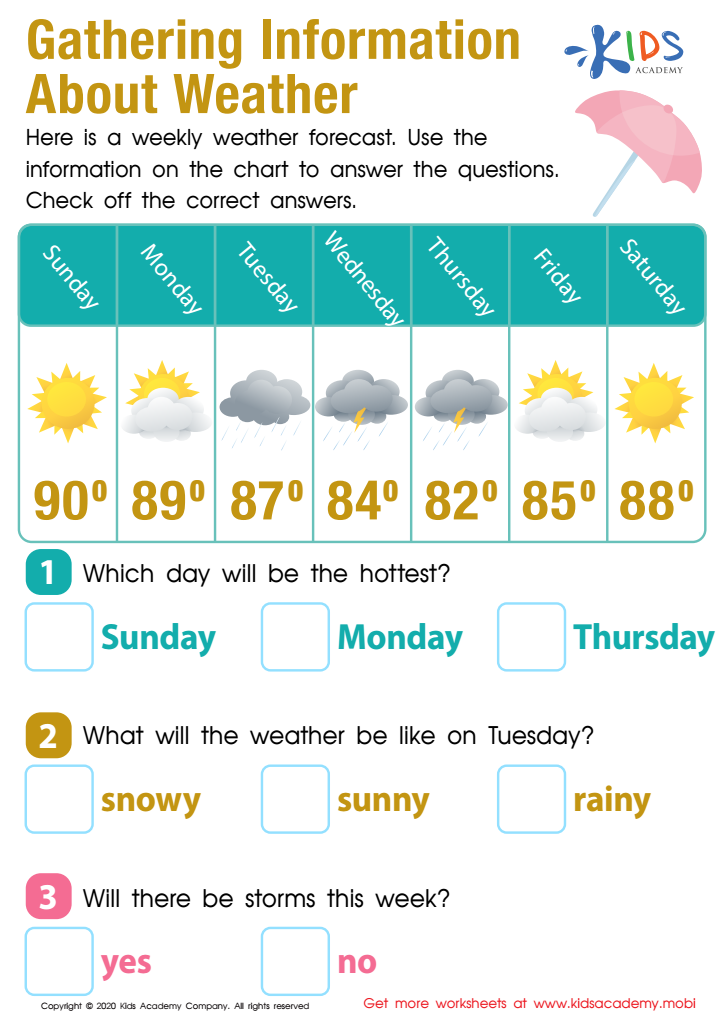

Gathering Information About the Weather Worksheet
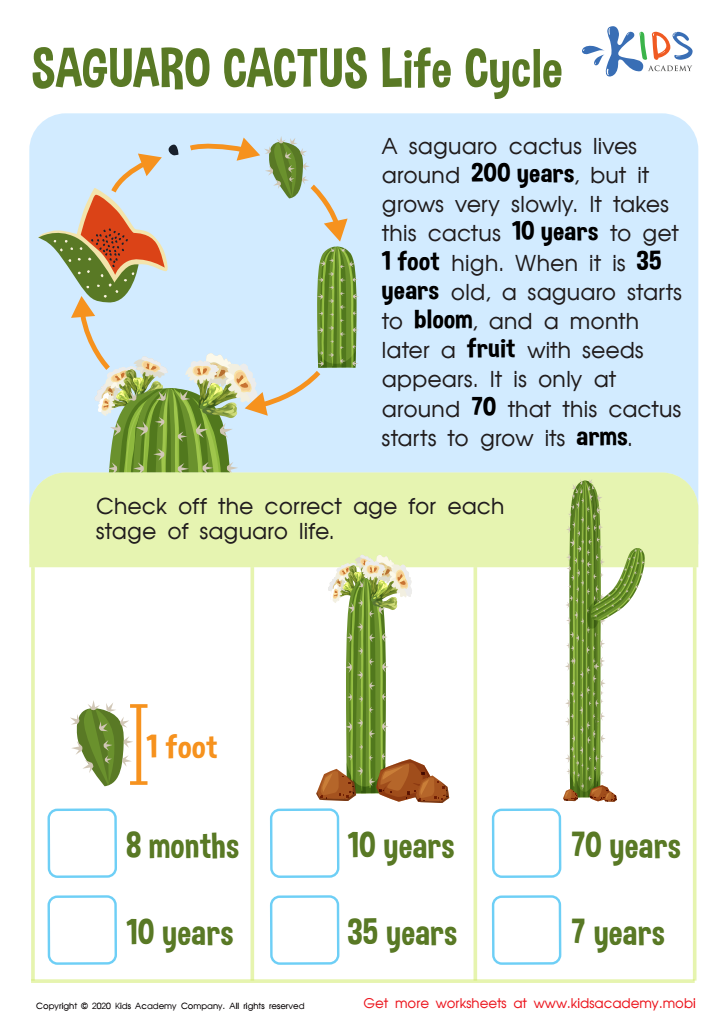

Saguaro Cactus Life Cycle Worksheet
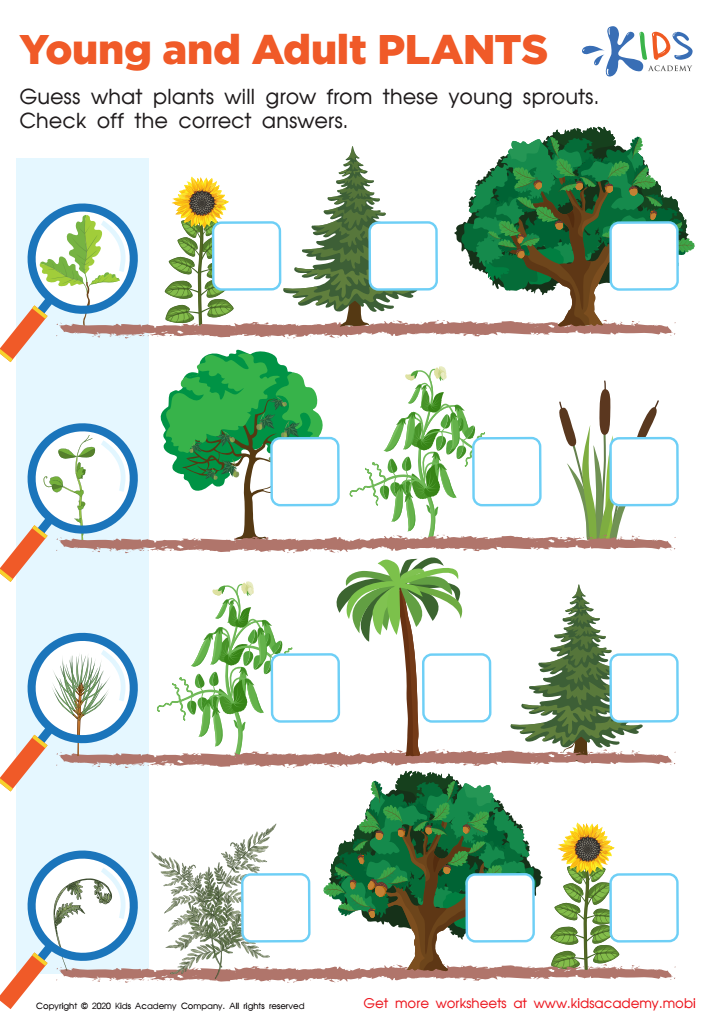

Young and Adult Plants Worksheet
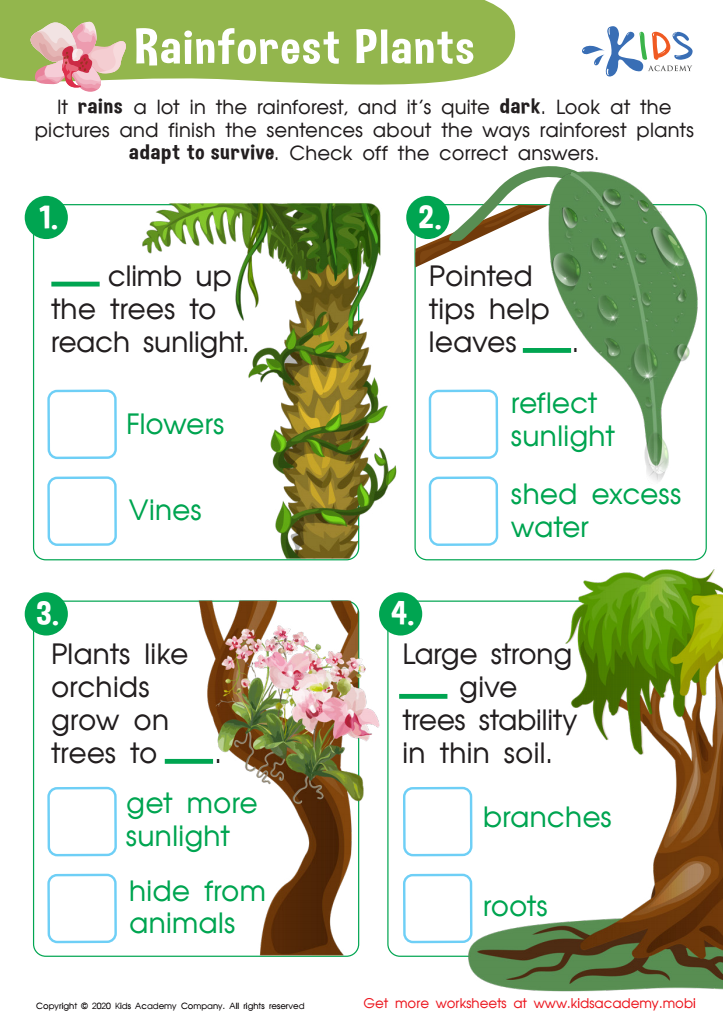

Rainforest Plants Worksheet
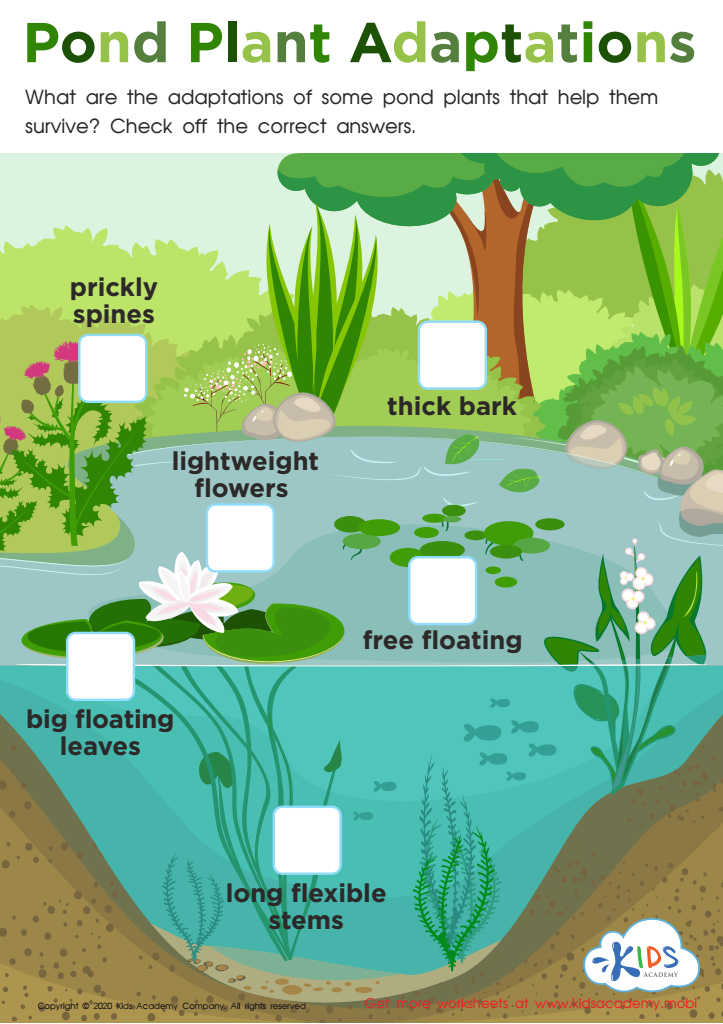

Pond Plant Adaptations
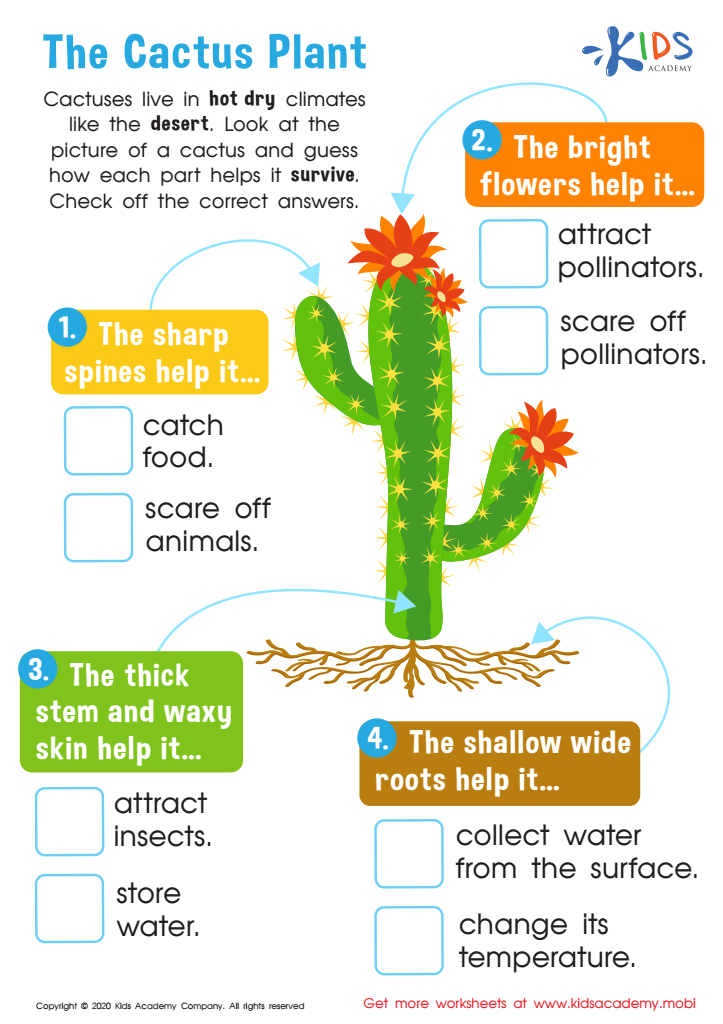

The Cactus Plant Worksheet
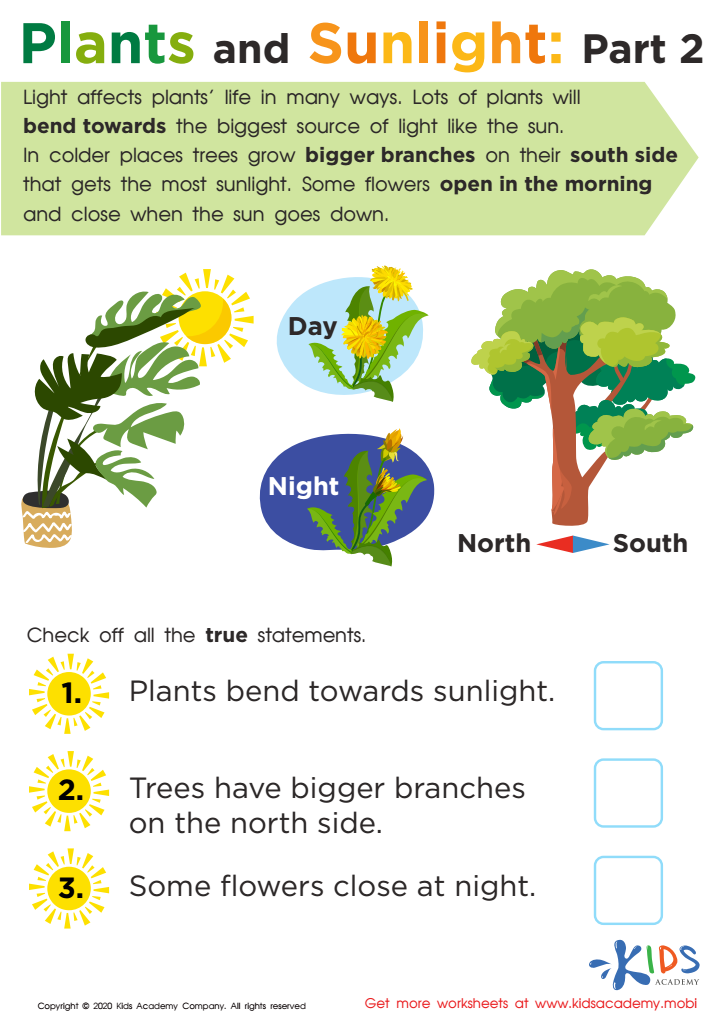

Plants and Sunlight: Part 2 Worksheet
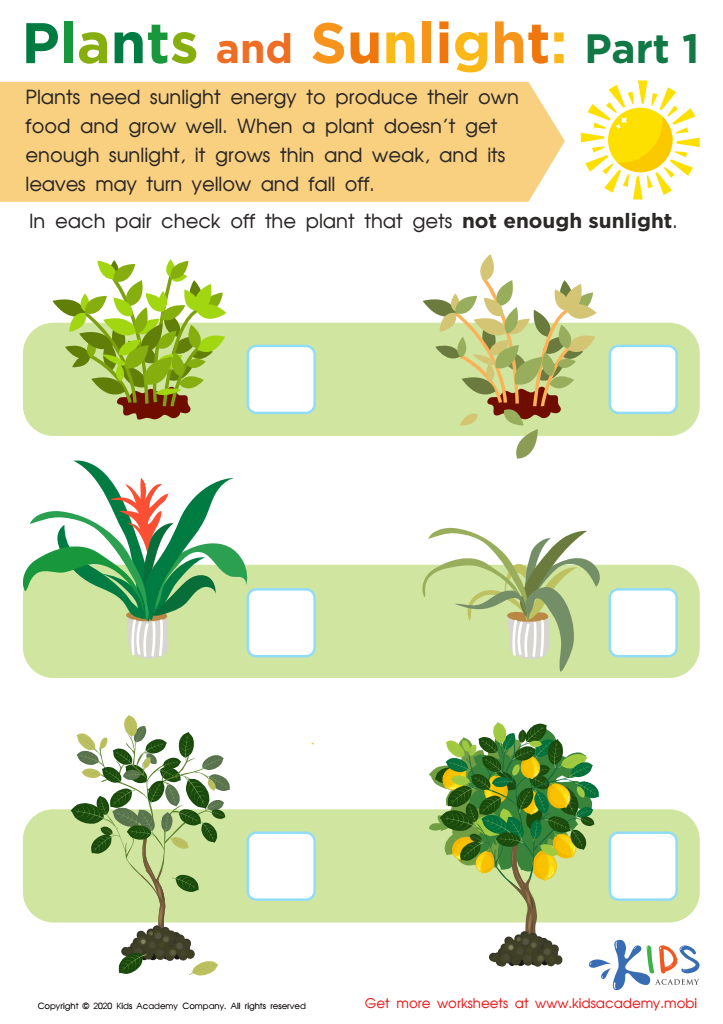

Plants and Sunlight: Part 1 Worksheet
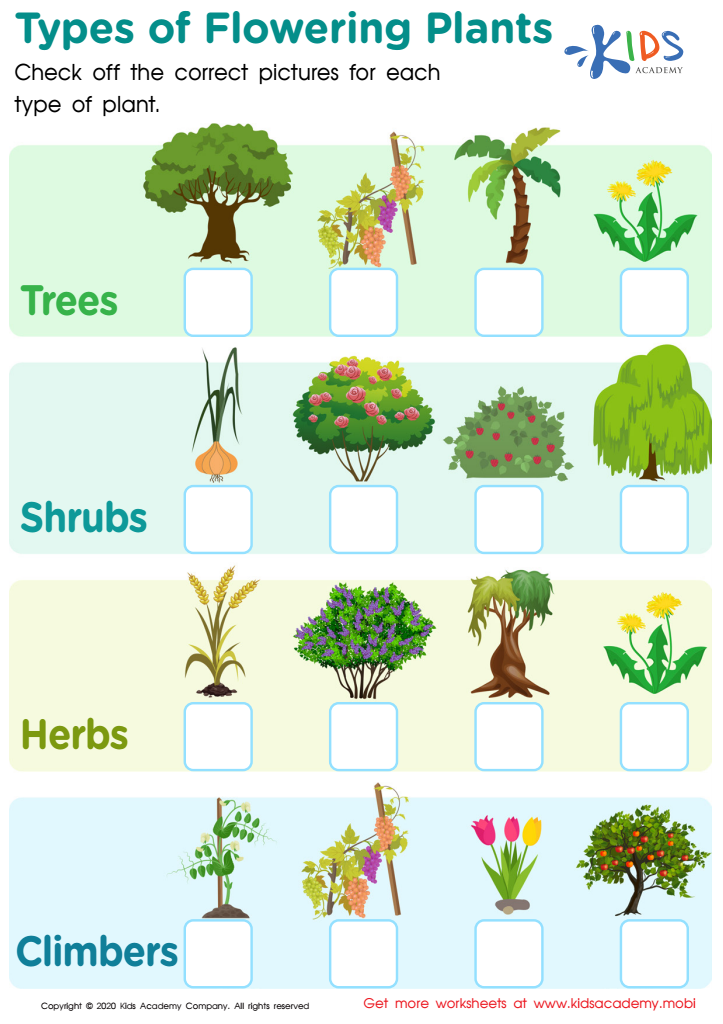

Types of Flowering Plants Worksheet
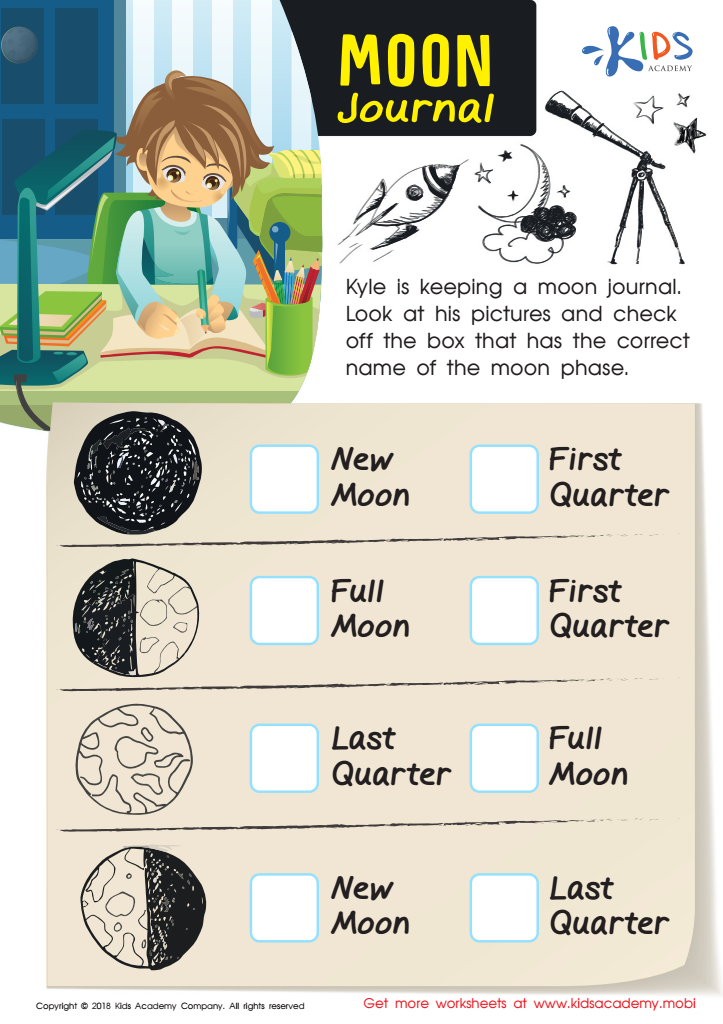

Moon Journal Worksheet
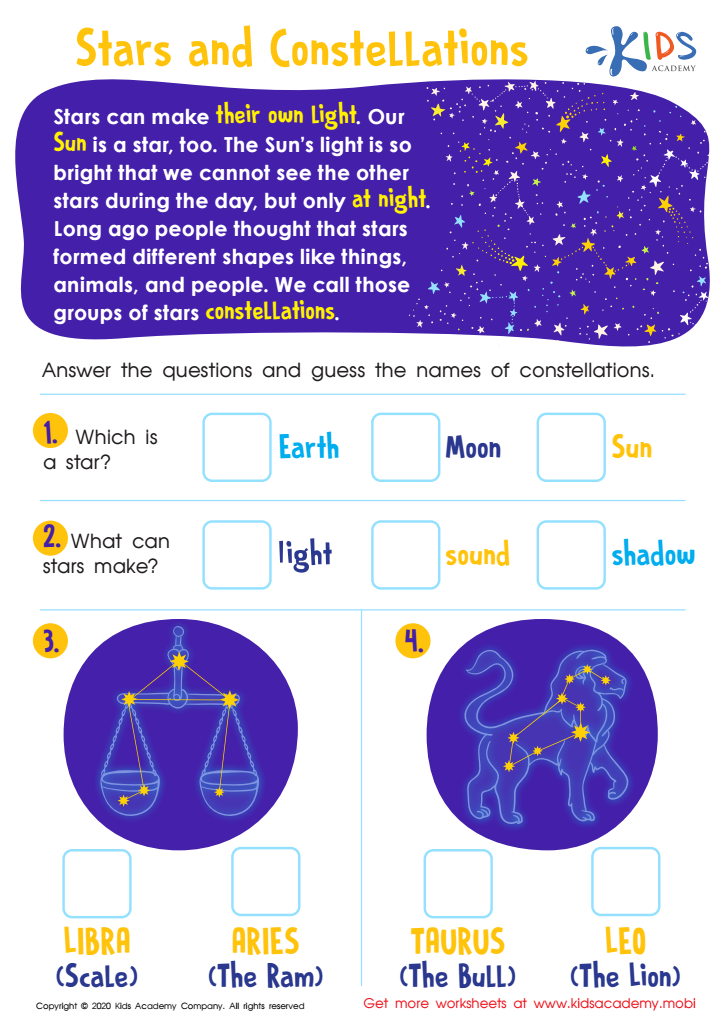

Stars and Constellations Worksheet
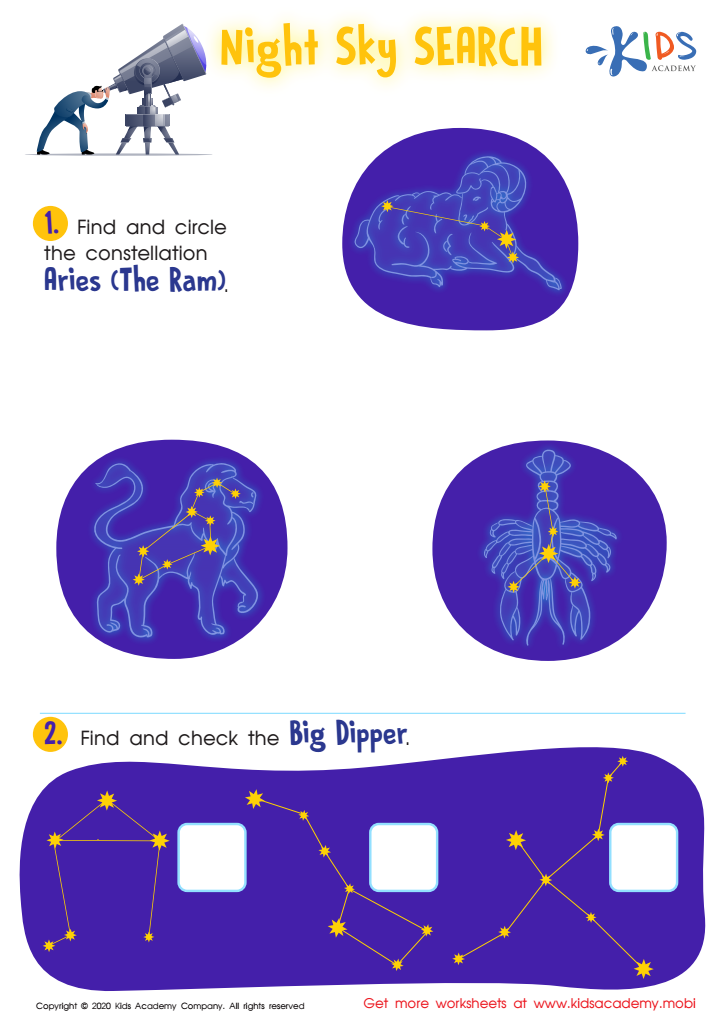

Night Sky Search Worksheet
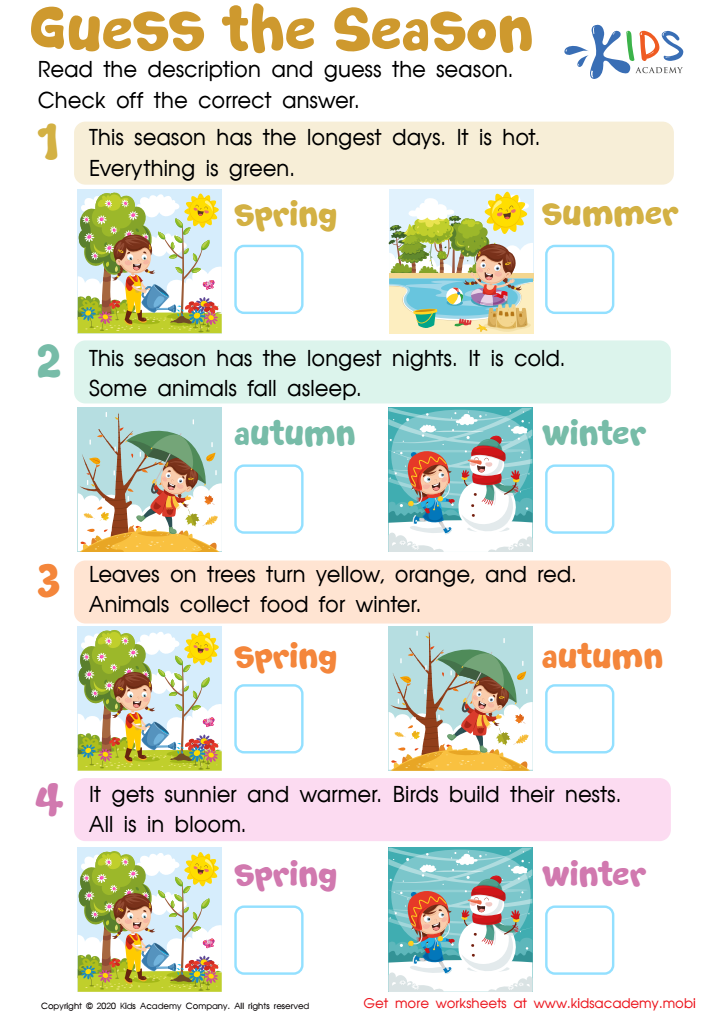

Guess the Season Worksheet
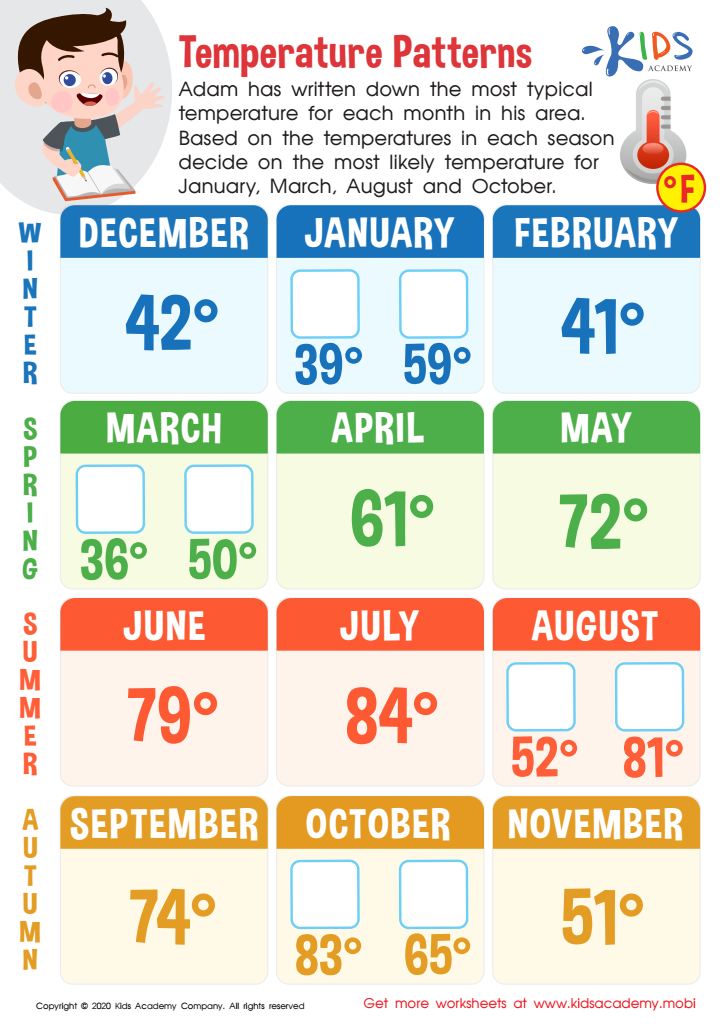

Temperature Patterns Worksheet
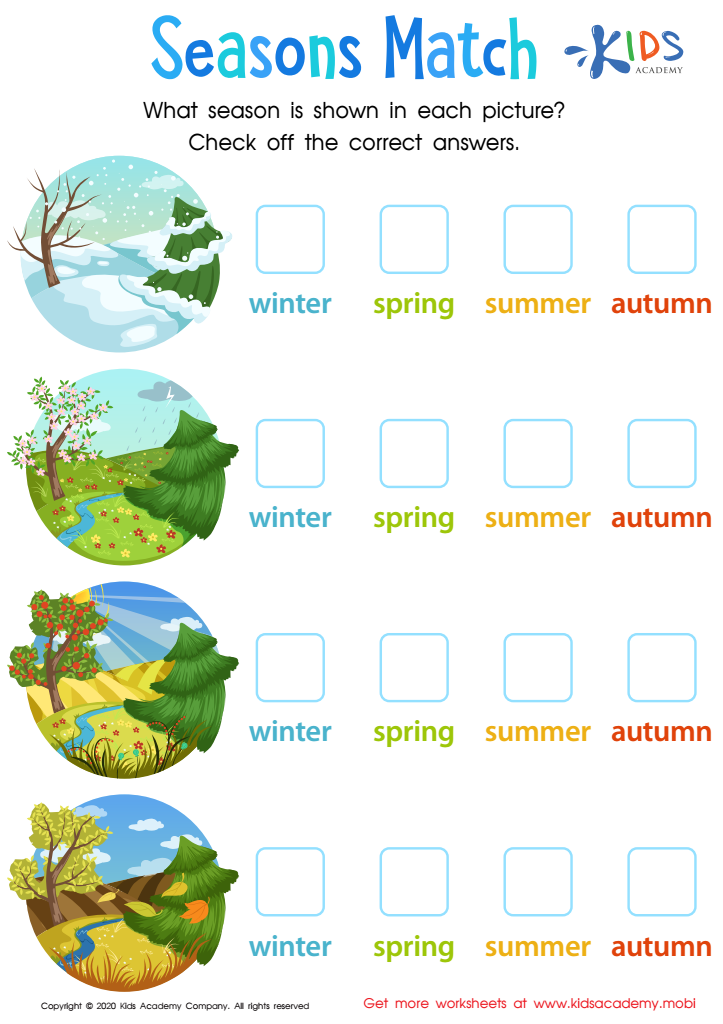

Seasons Match Worksheet
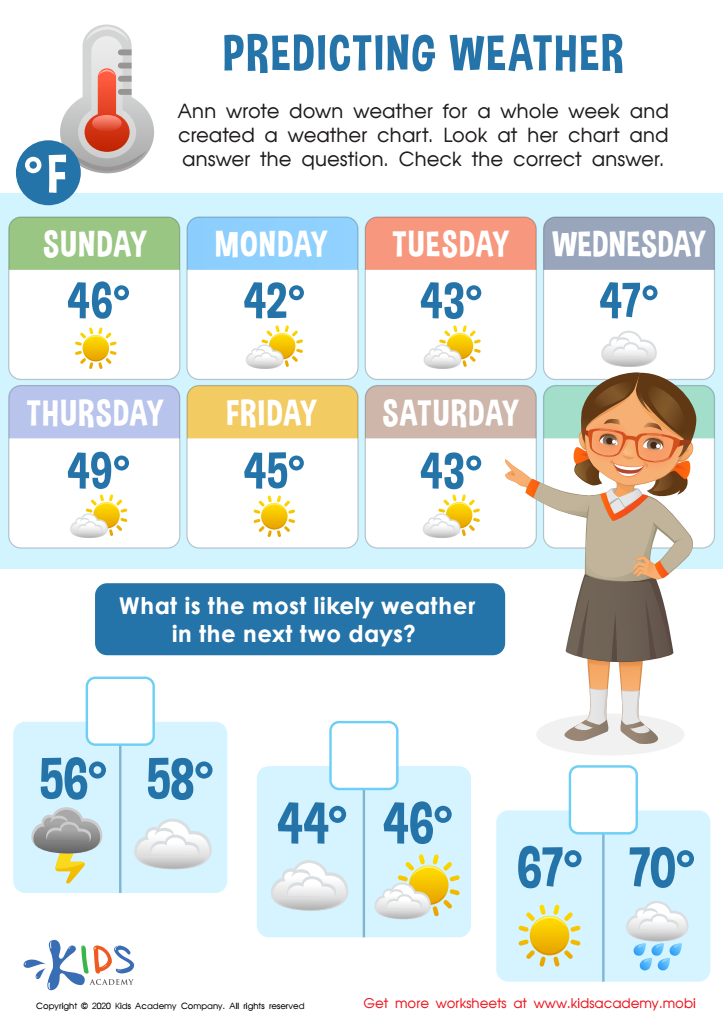

Predicting Weather Worksheet
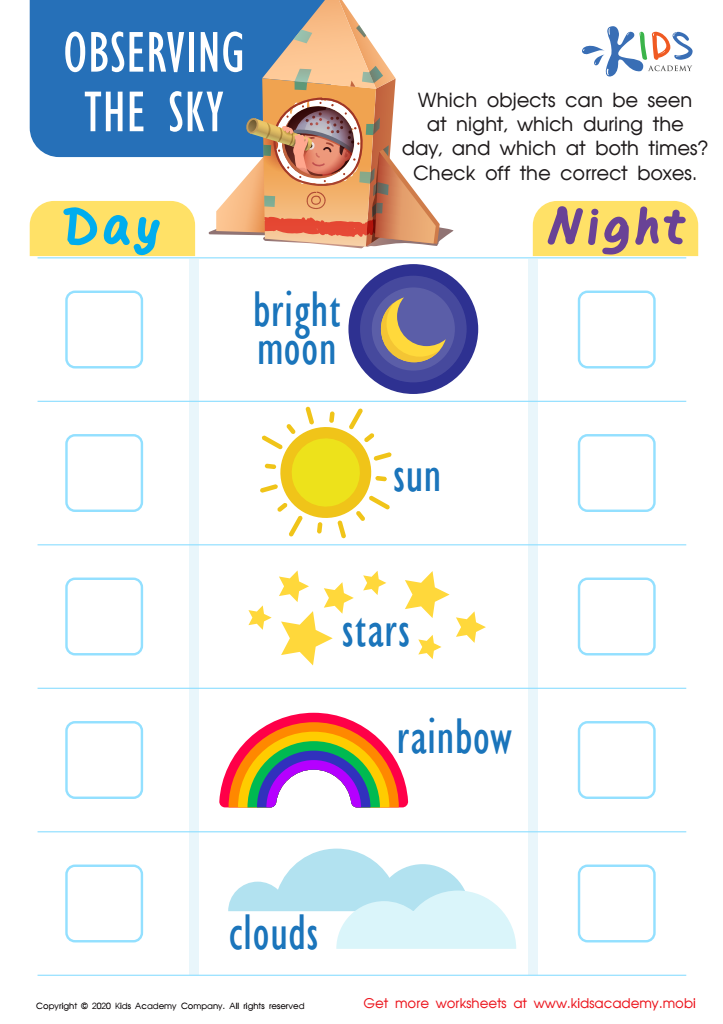

Observing the Sky Worksheet
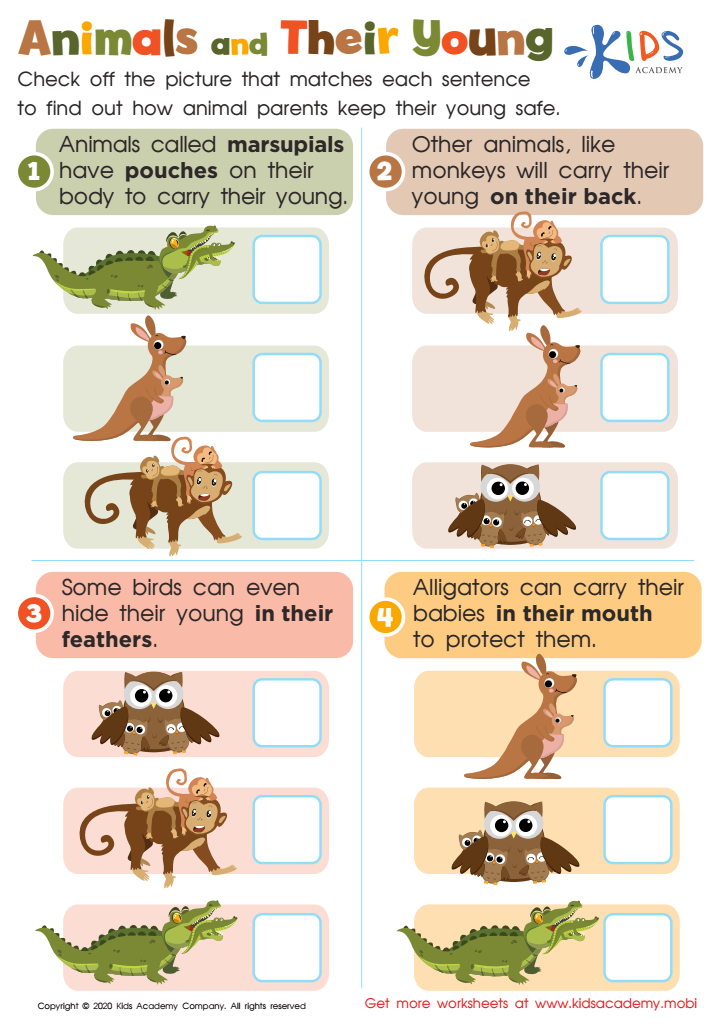

Animals and Their Young Worksheet
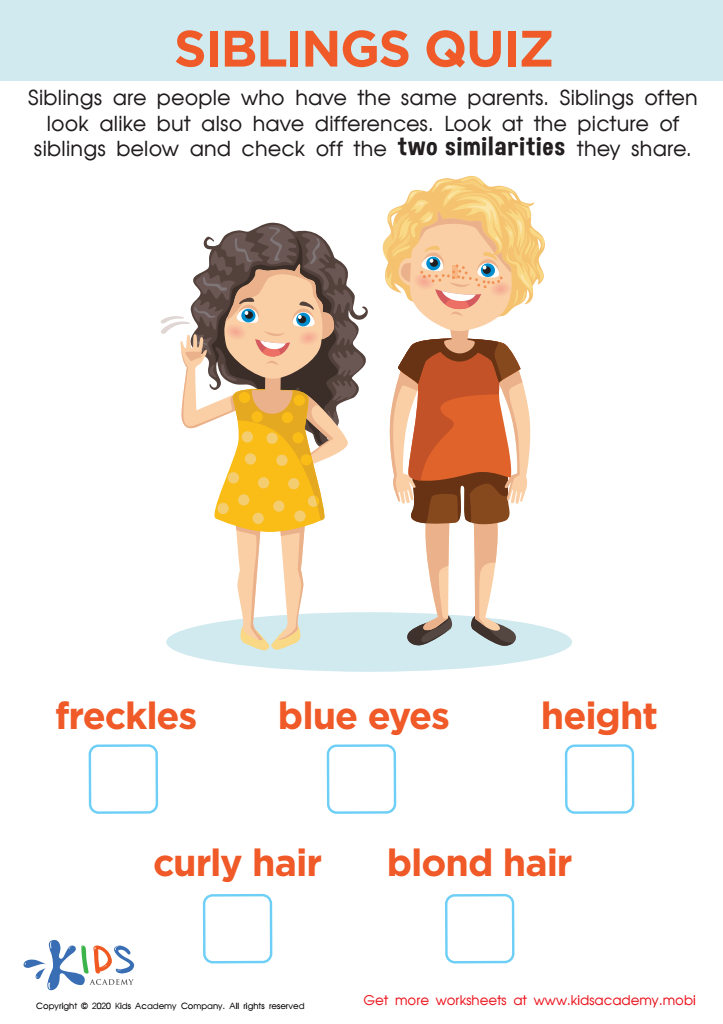

Siblings Quiz Worksheet
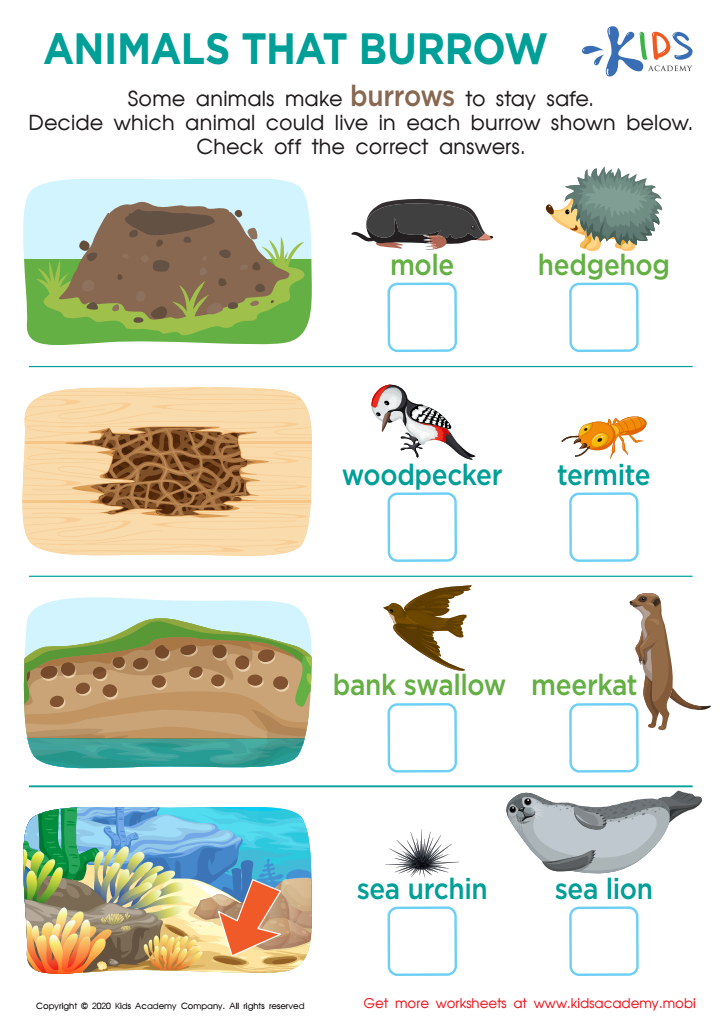

Animals That Burrow Worksheet
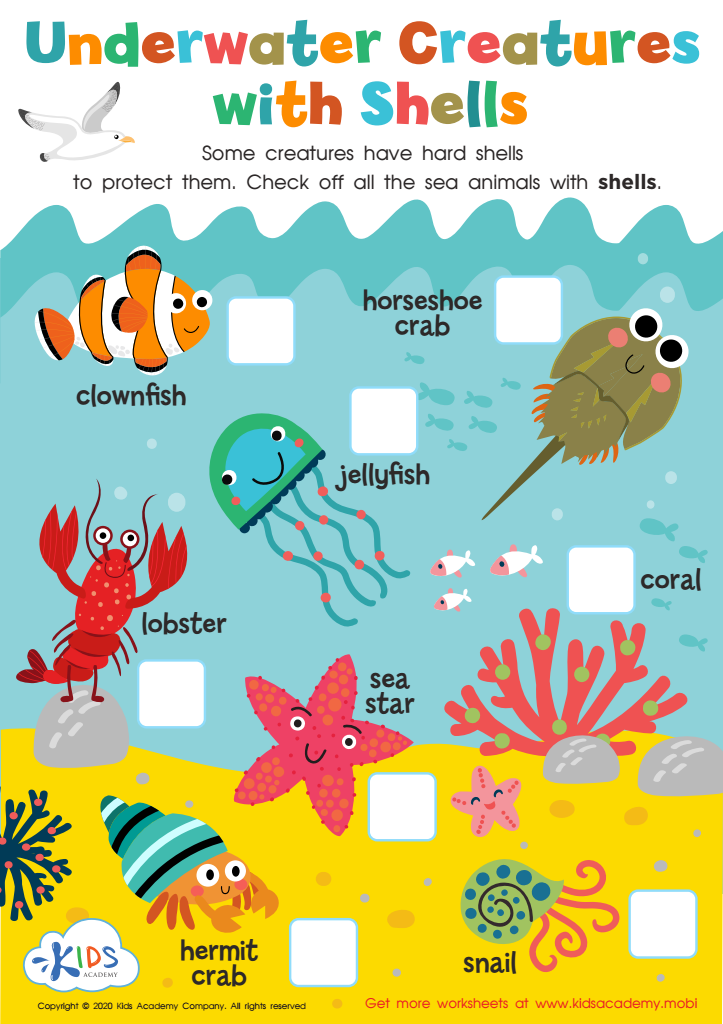

Underwater Creatures with Shells Worksheet
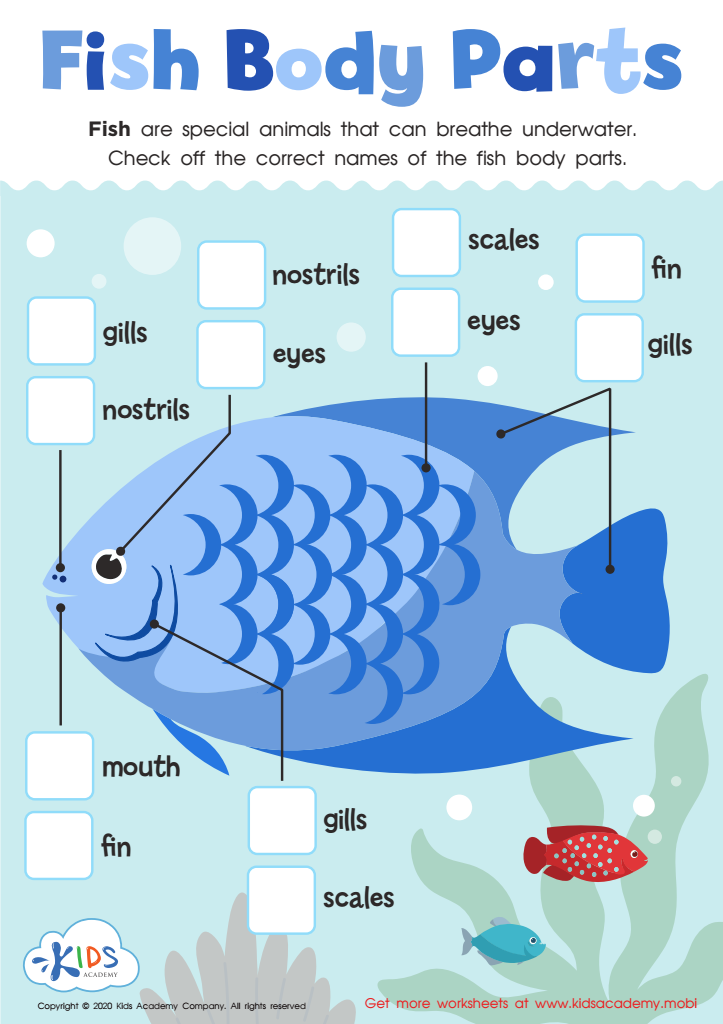

Fish Body Parts Worksheet
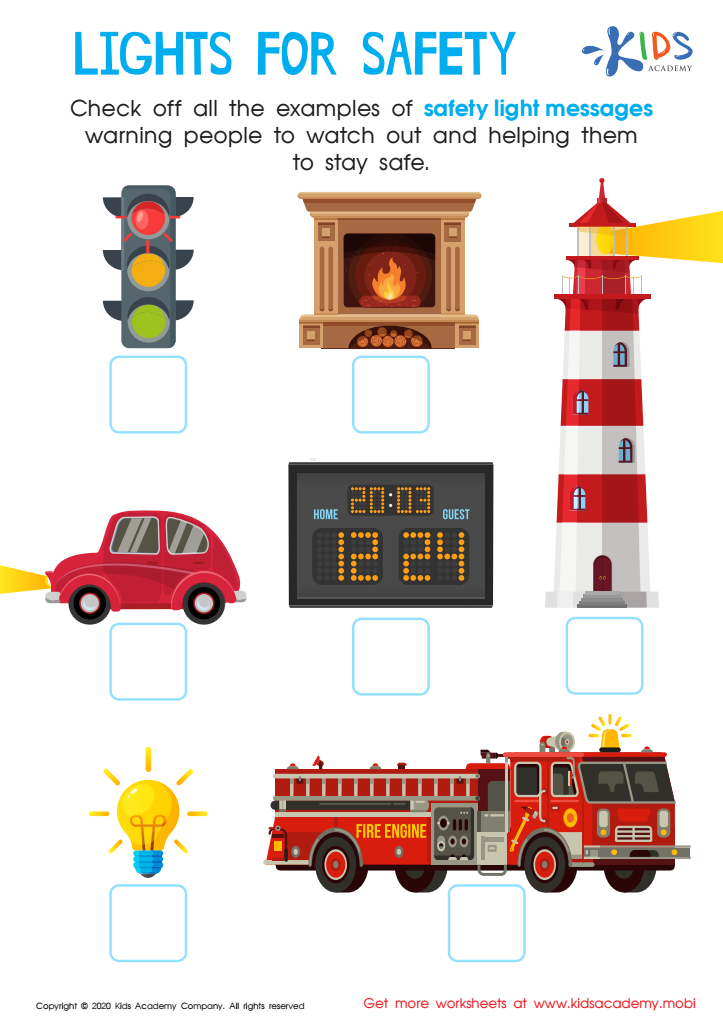

Lights for Safety Worksheet
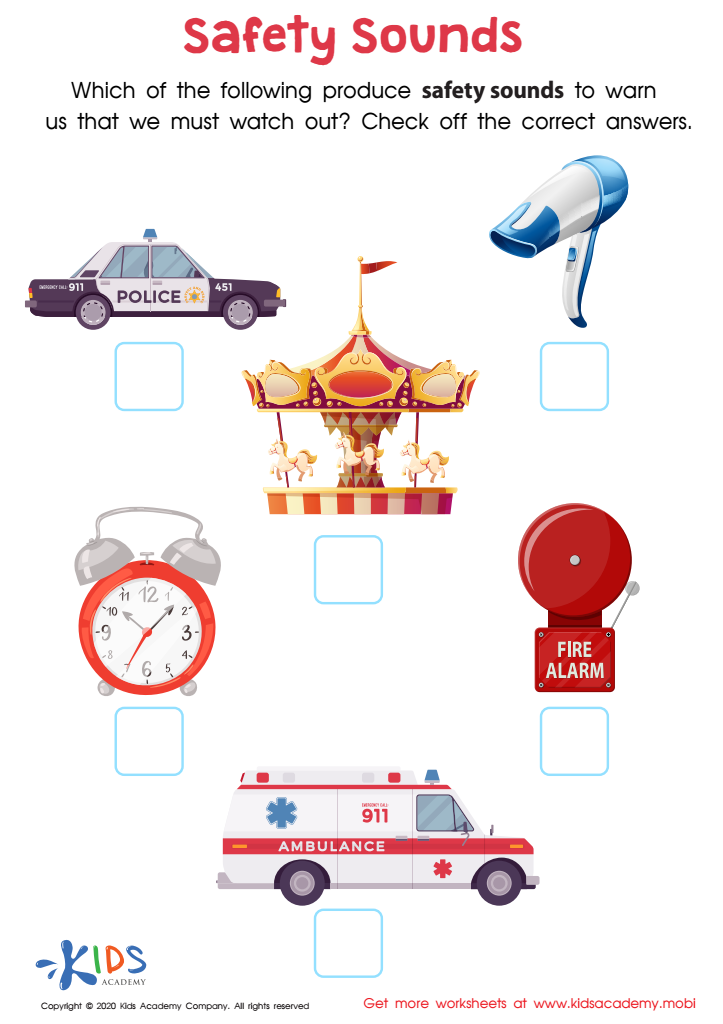

Safety Sounds Worksheet
Normal development for children aged 3-9 is a critical period when foundational skills are established, greatly impacting future learning and emotional well-being. Parents and teachers should care about this developmental stage due to several reasons.
Firstly, children in this age range undergo significant cognitive, social, and emotional growth. Understanding "normal" helps caregivers identify typical behaviors, enabling them to support healthy development and intervene when necessary. For instance, recognizing typical speech milestones aids in early identification of potential speech delays.
Secondly, this age is crucial for developing social skills and emotional regulation. Normal behavior expectations help adults nurture empathetic relationships and guide conflict resolution among peers. Parents and teachers can cultivate an environment that promotes cooperation and communication.
Additionally, supporting normal developmental milestones fosters a sense of security and self-worth in children. When parents and teachers celebrate achievements and provide constructive challenges, they instill confidence and a love for learning.
Moreover, awareness of developmental norms fosters collaboration between home and school, ensuring children receive consistent support. Overall, caring about normal development is essential for fostering well-rounded, resilient children, setting the stage for successful lifelong learning and healthy relationships.
 Assign to My Students
Assign to My Students




